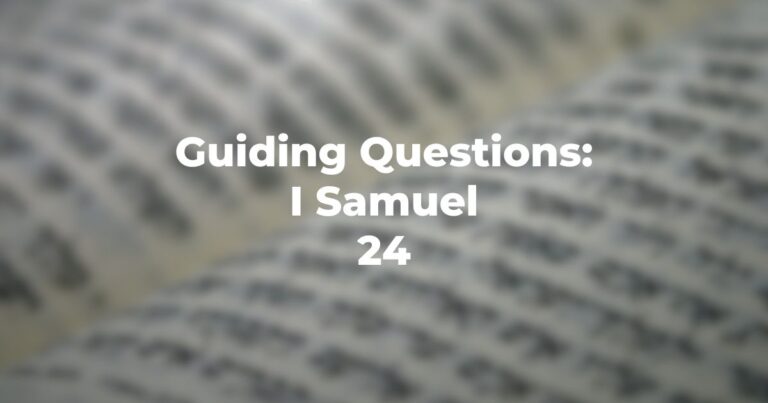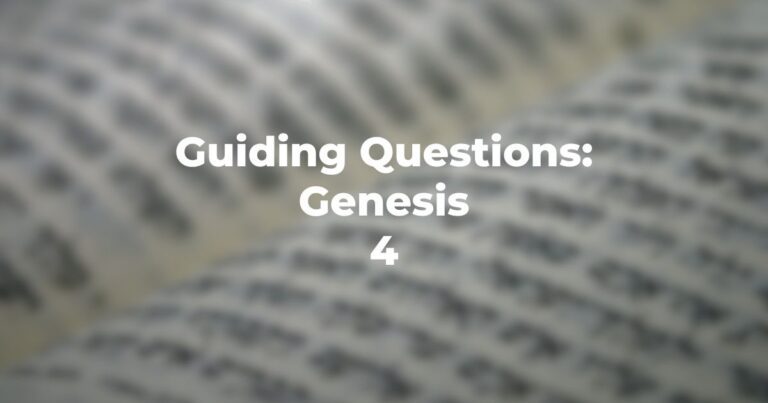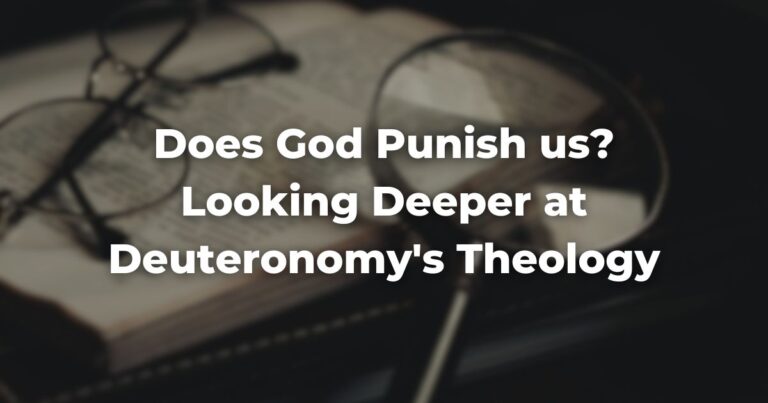- Who is speaking in Ezekiel 2:1, and why is the prophet instructed to “stand on his feet”; was he not?
- What is the “spirit” which entered the prophet when he was spoken to? Does Ezekiel 2:2 indicate who was speaking? And at the end of that verse, whom does the prophet hear speaking to him?
- Usually the preposition “eyt” is followed by a subject or object. In the Hebrew of Ezekiel 2:2, is that so? And why is it of significance that there is neither?
- Do we, then, know from the text who is speaking to the prophet? Is the assumption that it is God a correct assumption?
- What is the description given of the Jews in Ezekiel 2:3? Do they warrant this description historically or to the very day that the prophet hears “the voice”?
- Would the end of Ezekiel 2:4 convince that the speaker is God?
- Why are the last two words in Ezekiel 2:4 usually read as “Adonai Elohim”?
- How does Ezekiel 2:5 affirm the role of Ezekiel?
- In spite of the nature of the Israelites (as described in Ezekiel 2:6), what is to be the attitude of the prophet?
- In Ezekiel 2:9, the vision of the prophet continues and he is handed a Scroll. What is the assumption as to its source?
- Once again in Ezekiel 2:10, an action takes place before the prophet. Is the actor identified?
- What is the content of the Scroll?
Author
-

Exploring Judaism is the digital home for Conservative/Masorti Judaism, embracing the beauty and complexity of Judaism, and our personal search for meaning, learning, and connecting. Our goal is to create content based on three core framing: Meaning-Making (Why?), Practical Living (How?), and Explainers (What?).
View all posts





